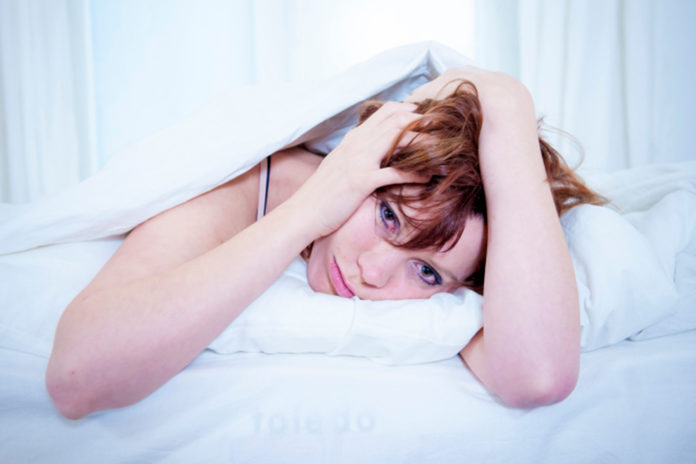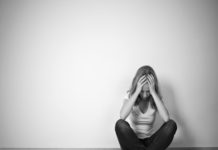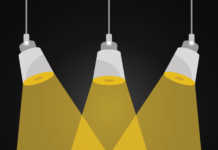
Naturally maintain your beauty sleep during your change in life.
by dini cohen, ba, rhn
Losing sleep? Well, you’re not alone. According to the National Sleep Foundation, 61 percent of post-menopausal women experience sleep disturbances. In menopause, fluctuating levels of estrogen and progesterone with the eventual end of a menstrual cycle lead to a host of symptoms — including a lack of sleep. So consider the following to help you rest your head at night:
LIGHTEN UP
Talk to your doctor about maintaining a healthy weight. Clinical researchers suspect that menopause is a risk factor for obstructive sleep apnea (OSA). OSA occurs when air cannot reach the lungs because the upper airway has collapsed and, according to The Lung Association, many with sleep apnea are overweight. In fact, people who lose 10 percent of their weight can have a 30 percent decrease in sleep apnea symptoms. Besides exercising — try hip hop dancing to spice up your fitness routine — eat five or six mini meals daily to keep your blood sugar stable and reduce cravings.
FOLLOW THE RULE
The best way to doze off — for all ages — is with a regular sleep pattern. Go to bed at the same time every night and use your bedroom as a relaxing haven. Before you sleep, wind down with a bubble bath, meditation or a good book. Consider having your estrogen, progesterone and thyroid hormones levels tested, as low levels or deficiencies in these hormones can be related to insomnia. Just as our kids grow up, we outgrow menopause. It may feel like there’s no end to uninterrupted sleep, but it does end — just know that it takes a little long than others and that there’s a light at the end of the tunnel. Sweet dreams.
REFERENCES
Karl Doghramji, MD and Paul P. Doghramji, MD, Clinical Management of Insomnia, 2007.
“Sleep and menopause,” The Cleveland Clinic Foundation, 1995-2008.
Grace Pien and Sigrid Veasey, “Obstructive Sleep Apnea and Menopause,” Current Clinical Neurology: Sleep Disorders in Women: A Guide to Practical Management, November 10, 2007.












